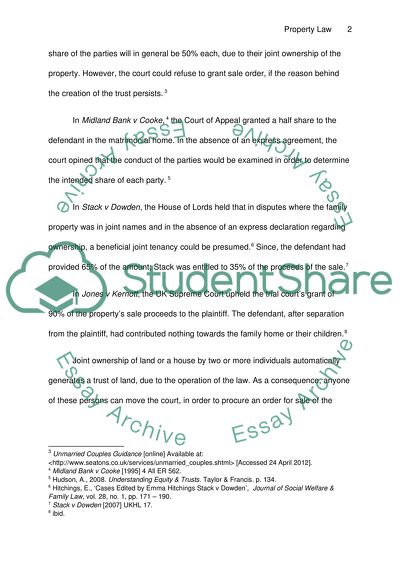Cite this document
(“Property Law Essay Example | Topics and Well Written Essays - 2000 words”, n.d.)
Retrieved from https://studentshare.org/law/1397816-property-law
Retrieved from https://studentshare.org/law/1397816-property-law
(Property Law Essay Example | Topics and Well Written Essays - 2000 Words)
https://studentshare.org/law/1397816-property-law.
https://studentshare.org/law/1397816-property-law.
“Property Law Essay Example | Topics and Well Written Essays - 2000 Words”, n.d. https://studentshare.org/law/1397816-property-law.


